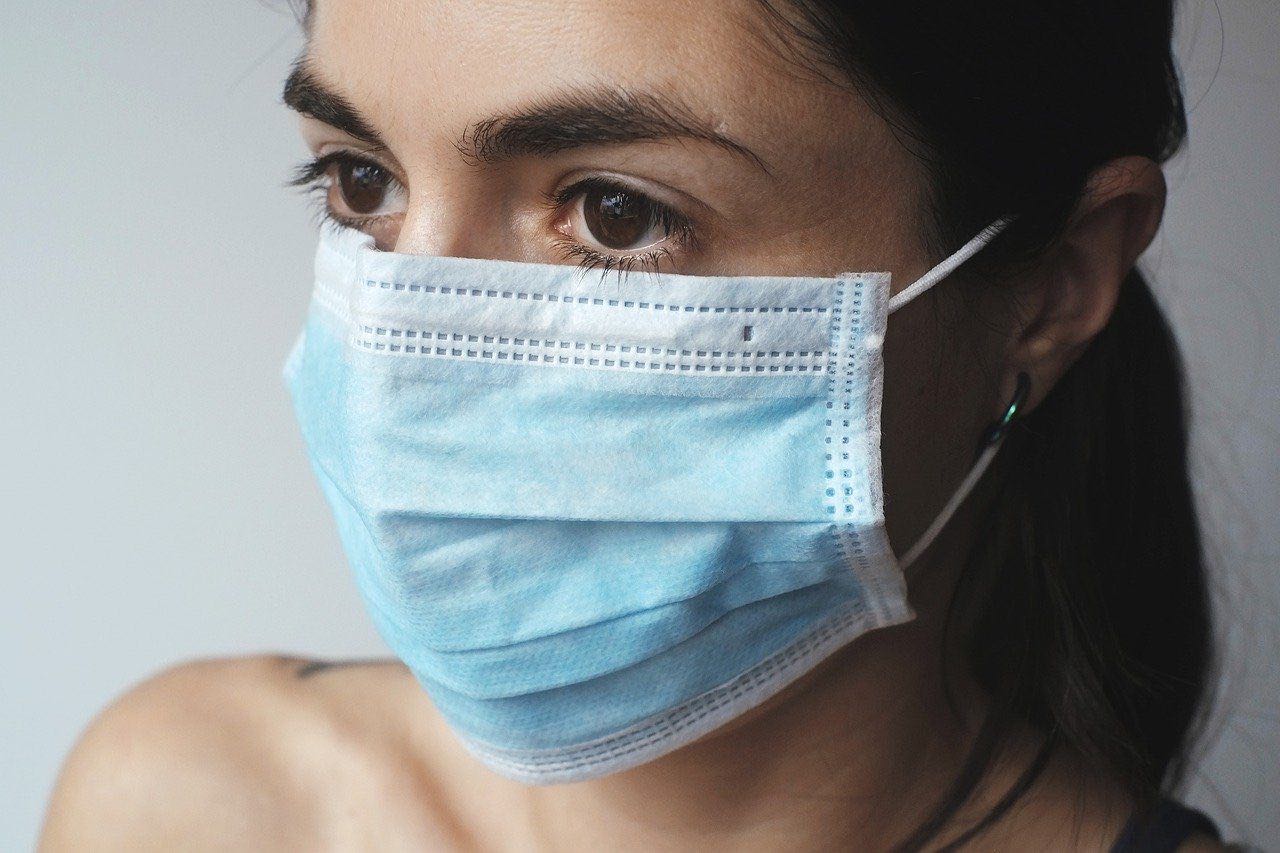The world is getting back to normal as more people get vaccinated against Covid-19. But does it mean the countries will open their borders for vaccinated travelers? Probably yes. Even though the period of uncertainty is far from over, it already seems that vaccination is the only way to make your travel hassle-free.
While domestic travel may not require vaccination proof or even negative Covid testing for that matter, international transfers will probably be available only to vaccinated travelers. Of course, it will take more time before some sort of fixed travel guidelines are outlined, but many travel providers have already announced new regulations. Let’s take a look at what has been established so far.
Health Apps Will Become Necessary on Many Airlines
Airlines are keen to adjust to the situation, trying to compensate for their lost revenues. As multiple companies are getting back into the game, airlines massively start testing apps that could simplify their operations. The purpose of new health apps is to store Covid testing and vaccination data on travelers’ smartphones.
It is not yet clear if these apps will become obligatory. Still, such a scenario is likely given that the International Air Transport Association is developing its own app, IATA Travel Pass. The software is pretty basic and only stores testing and vaccination data.
A more complex product is CommonPass, developed by a private organization and two non-profit ones. Unlike the basic app introduced by IATA, CommonPass will give travelers a chance to take a Covid test at home and send it to the lab. Once the results are in, they will become instantly available on the CommonPass.
Despite its more advanced functionality, fewer airlines today are testing CommonPass. The most notable companies include Virgin Atlantic, Qantas, and Union. The majority of airlines stick to IATA’s Travel Pass, though.
Given the lack of any specific Covid travel regulations right now, it is still unclear if passengers will need a negative test or a vaccine certificate. The guidelines still vary depending on the destination. For example, Qanta passengers traveling to or from Australia must be vaccinated.
When it comes to domestic travel, the vaccine might not be obligatory. According to Delta CEO Ed Bastian, proof of Covid vaccination will become a burden for domestic travel. At the same time, international airlines will need to monitor healthcare info — even though right now, it is not yet clear what this monitoring will actually involve. For more updates on this subject, you can follow Ed Bastian on any of his social media profiles. For additional inquiries within the airline, you can even check out Delta standard email templates and ask your questions personally.
Alaska Airlines also believes that vaccination proof and Covid testing complicate the matters. The airline does not ask for any testing proof on internal flights — it simply makes masks obligatory. Still, when it comes to international travel, Alaska’s hands are tied, which is why the airline already started testing another health app, VeriFLY. Its acts pretty much the same as IATA Travel Pass — the app is like most Covid passports.
Even though international airlines are testing the apps and encouraging travelers to get vaccinated, there are still too many questions that need to be answered. For starters, it is not quite clear how Covid passports will work with paper ones. Besides, international admission rules will mostly depend on the destination country, not the airline. And that leads us to the next point.
Testing and Quarantine Won’t Be Necessary for Vaccinated Travelers
Even though it is too early to jump to conclusions, it looks like most countries will allow foreigners in if they have vaccine proof. However, a lot here will depend on the collaboration between countries and the authorities’ readiness to minimize the red tape. An international standard for a vaccine certificate could simplify travels, but that seems unlikely. So, the international community will need to accept certificates issued in other countries — that, at least, would be a more realistic solution in practice.
Luckily, some countries are already moving in this direction. Iceland was one of the first to issue Covid vaccination certificates and accept documents from other countries. Georgia also announced that it would allow Covid-vaccinated travelers in without testing and quarantines. Romania is another destination for anyone who already has a vaccine.
So, it looks like the Covid vaccine is the surest way to visit foreign countries — at least for now. However, a lot will depend on your destination. Today, many experts believe that some countries may introduce more complicated admission rules — for example, obligatory testing and/or vaccination for high-risk groups of travelers. In other words, all international travelers will have to research the admission rules in their destination countries — pretty much as they did before.
Vaccine or No Vaccine, the Masks Stay On
Sadly, a Covid vaccine will not give people a chance to walk mask-free. The same pre-vaccine rules will apply for quite a while, experts believe. There are several perfectly justified reasons for that. First, freshly vaccinated people can still infect others who haven’t been vaccinated yet. Second, scientists still lack data to say for sure how long the immunity lasts after two rounds of vaccination.
Finally, it would not make any sense to divide the community into those who must wear masks and those who must not. Moral aspects aside, allowing some people to go on without masks would eventually cause everyone to take them off, even without vaccination. Besides, it would not make sense to ask for Covid vaccination proof in public places, for example, on entering the stores. So, it looks like we will not be over the mask-wearing phase for a long time.
Still, the vaccine availability is already good news — especially for those who plan to travel any time soon. Even though no one can outline international travel rules as of now, it looks like vaccination will give a green light for admission into most countries. As for the masks — well, those are here to stay.








